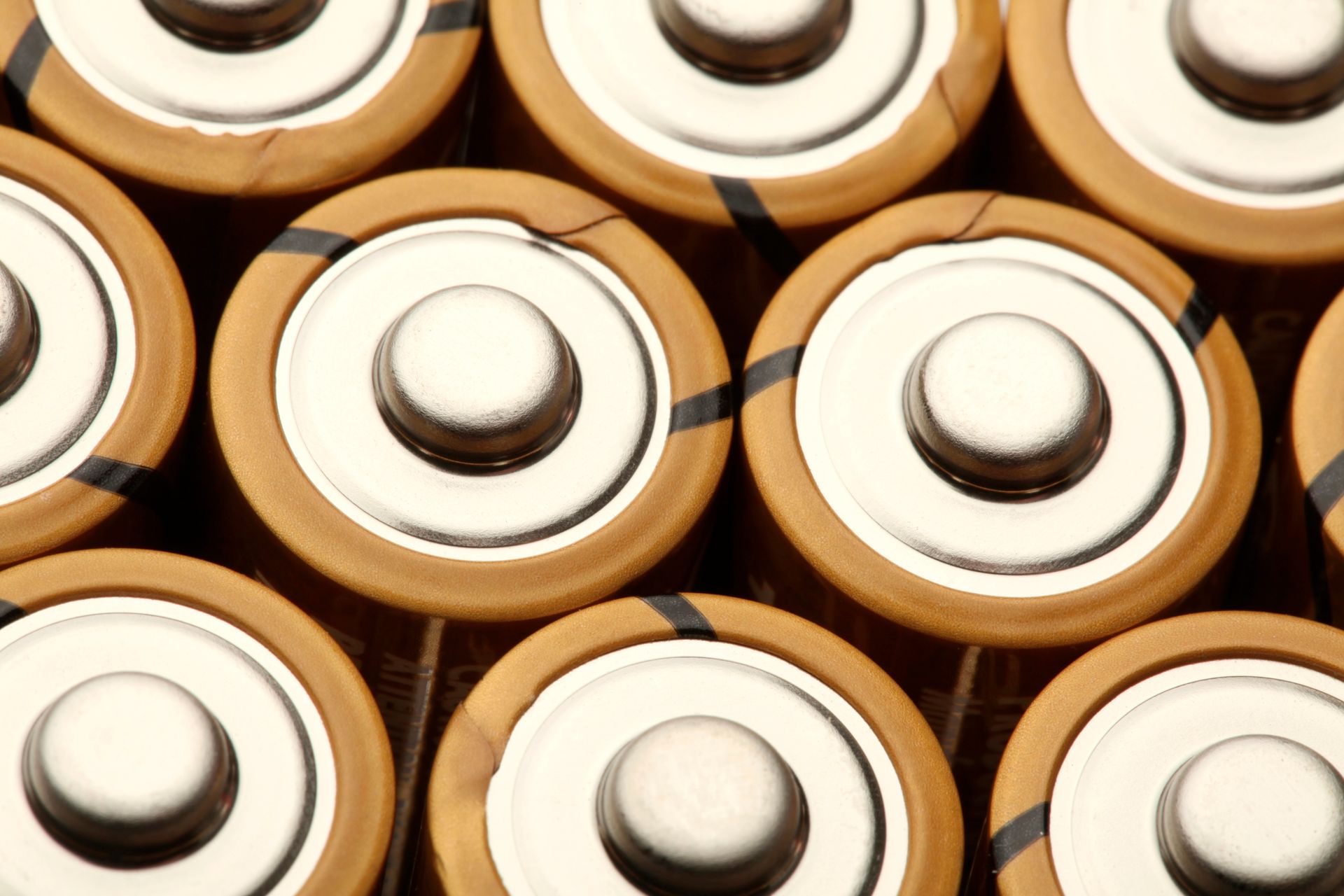WEEE Directive

The European WEEE Directive 2012/19/EU makes manufacturers and distributors of electrical and electronic devices responsible for financing the organization of the collection and recycling of their devices.
The directive has been implemented in the national legislation of all EU member states. This results in a large number of different administrative and operational requirements across all countries. There is still no single register.
Outside the EU, there are corresponding regulations in around 70 countries worldwide.
Batteries Directive

The Battery Directive 2006/66/EC imposes on the manufacturers and distributors of batteries and accumulators the obligation to finance the organization of the collection and recycling of their batteries and accumulators. Batteries and accumulators that are built into electrical devices are also included in the Batteries Directive. There is no central register that would cover all countries.
Within the EU, a new
Batteries Regulation is in force since the 18th August 2023.
Packaging Directive

The Packaging Directive 94/62/EC is the oldest directive in the area of extended producer responsibility and regulates one of the largest waste streams.
When implementing the packaging directive, more focus was placed on setting up collection systems than on registers. There are also a number of threshold levels in Europe and worldwide with regard to the quantities placed on the market. In addition, some countries have their own labeling regulations such as the Triman in France and the labelling of packaging in Italy.
The last country in the European Union to implement the principles of the Extended Producer Responsibility for Packaging will be Denmark on the 1st January 2025.
Textile Directive

On July 5, 2023, the European Commission published a proposal for a textiles directive that would create mandatory and harmonized recycling obligations for textile manufacturers in the EU. The main objective is to hold manufacturers accountable for the entire lifecycle of textile products and to support sustainable management of textile waste across the EU.
The underlying logic follows the existing directives.